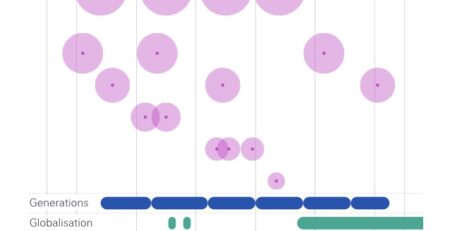How Hard Should We Push the Poor to Save for Retirement?
By Andrew G. Biggs (American Enterprise Institute)
More than half of U.S. states are working to establish programs what would automatically enrollment in Individual Retirement Accounts (IRAs) workers who are not offered a retirement plan by their employer. These programs are designed to address a perceived shortfall of retirement saving, particularly among low-wage workers who are less likely to be offered an employer-sponsored plan. But the designers of state-run auto-IRA plans fail to consider three questions: Do the poor need to save more for retirement? Will state-run auto-IRA plans increase net household savings? And, after accounting for interactions with means-tested government transfer programs, will state-run auto-IRA plans make the poor better off? The answer to all three questions may be “no.” First, tax data indicate that most low-income retirees have incomes adequate to maintain their pre-retirement standard of living. Second, recent research has found that employees automatically enrolled in retirement plans may accrue additional debts that offset much or all of their own contributions. Third, income- and asset-tests for federal and state transfer programs could reduce benefits to low-earners in substantially greater amounts than they could save in auto-IRA accounts. In light of these issues, policymakers should reconsider the design of state-run auto-IRA programs. One potential improvement is to exempt truly low-earning workers, such as those with earnings below $12,000, from automatic enrollment in these plans while leaving open the option to voluntary participate.
Full Content: SSRN










